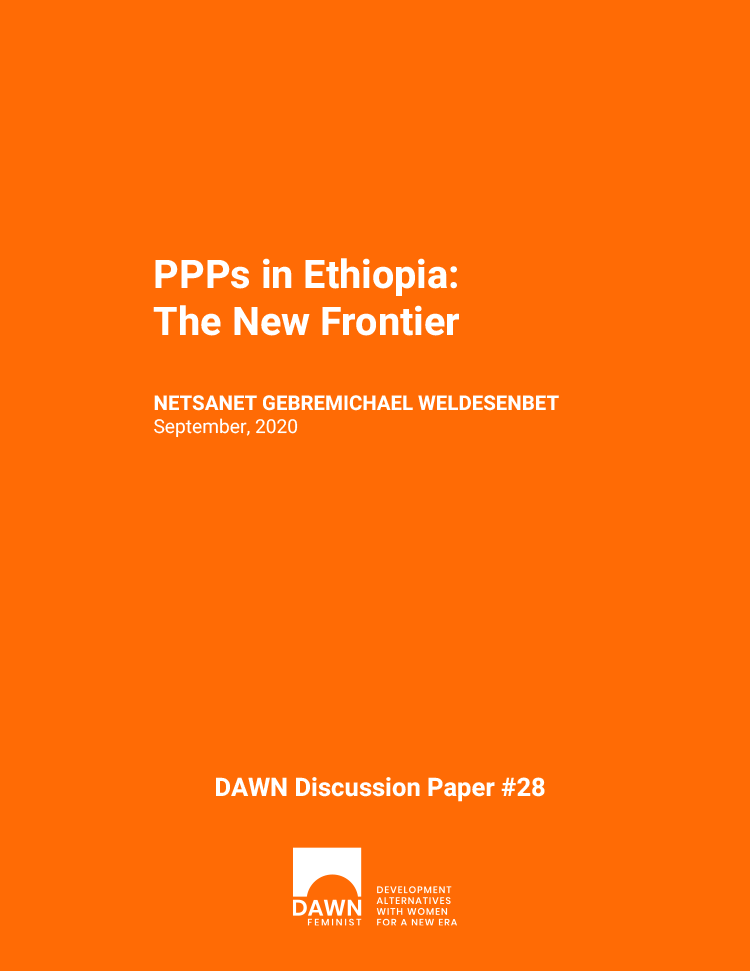Executive Summary
This chapter describes and analyzes Ethiopia’s engagement with the introduction and interpretation of PPPs model of development financing in the context of politics of transition from the ideological orientation of the Developmental State to an exercise of Market-led liberalization between April 2018 and mid May 2020. This chapter particularly highlights the necessity to account for a gendered political- economic dynamics of ideology-structure nexus that led to the normalization of PPPs as a development finance model. The chapter illustrates how the Ethiopian PPP model of development financing shifted the role of the state so that it plays a regulatory function. Thus it created space for international multinational corporations, foreign and local private sector to play central role for financing national infrastructural development. The chapter illuminates that one of the ways in which the policy significance of this shift is exhibited in the Ethiopian context through total and partial privatization of Public Enterprises in form of the PPPs model. Such shift in political economy neglects the political significance of displacing the public ownership of Public enterprises. The shift from public ownership of Public enterprises to Public-Private actors needs to account for the substantive political change of what constitutes the public in the Public enterprises model where the state had a hegemonic role in the economy, to the nature of the public in PPPs. This chapter particularly accounts for the ways in which PPPs are discussed in relation to the Energy Sector from April 2018 to May 2020. The paper utilized newspaper coverage of the PPPs in Ethiopian Newspapers, expert’s public debates and dialogues, and official archives of PPPs in the Energy Sector using a feminist political-economy lens. In so doing media narratives and other sources are utilized to show how PPPs are being promoted merely as economic vehicle for growth without necessarily accounting for the political significance of this shift in terms of public accountability. This chapter examines the shifting political dynamics by looking into the politics of PPPs drawing from media narratives, expert opinions, and historical analysis.

